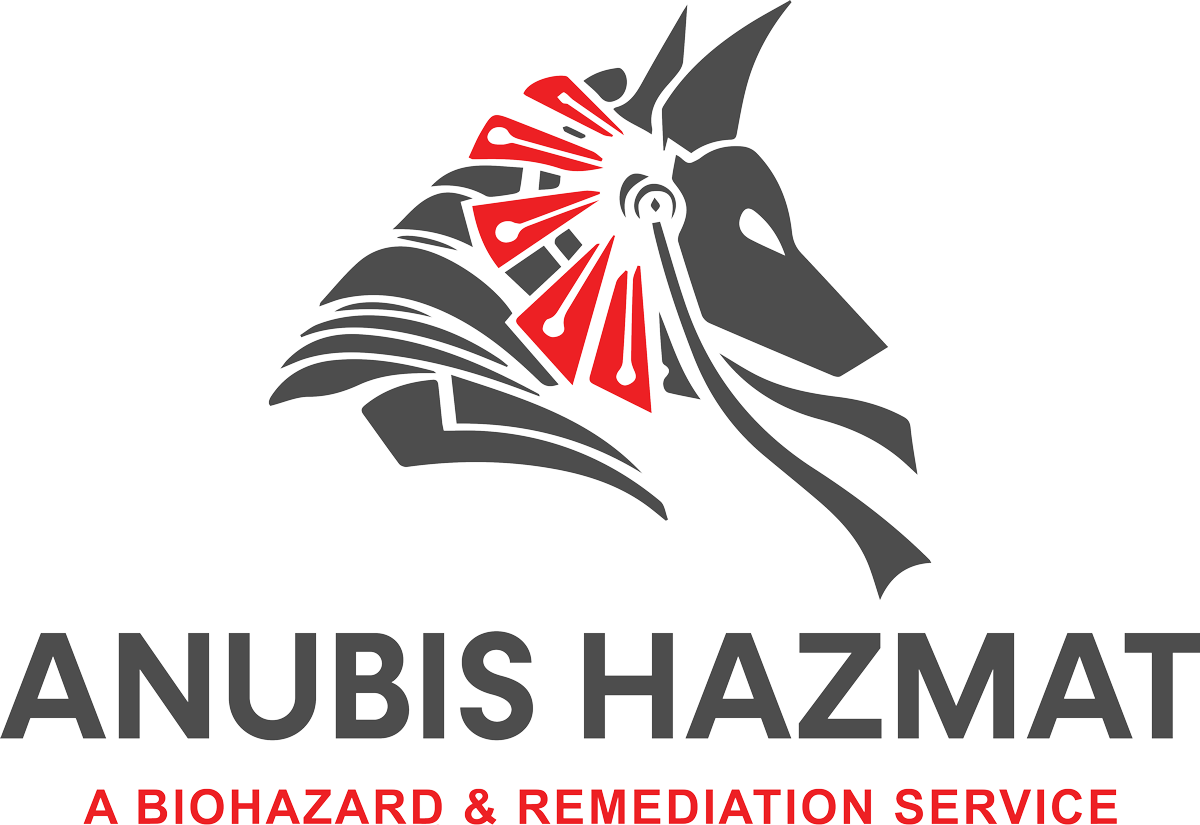How to Save on Biohazard Cleanup Costs after a Death
The death of a loved one is always a difficult time. In addition to the emotional toll, there are also the practical considerations, such as dealing with the aftermath of the death. One of the most important—and often overlooked—aspects of this is biohazard cleanup.
Dealing with blood, bodily fluids, and other potential hazards requires special training and equipment, which can make it expensive. However, there are some steps you can take to minimize the cost of biohazard cleanup.
1. Contact your insurance company. Many homeowner's insurance policies cover at least some of the costs associated with biohazard cleanup. It's important to check with your insurer before you sign any contracts, as they may have specific requirements or preferred vendors.
2. Shop around. Once you've determined what your insurance will cover, get quotes from several different companies before you make a decision. Be sure to ask about any discounts that may be available, such as for seniors or veterans.
3. Consider doing some of the work yourself. If the thought of cleaning up after a death is too much to bear, there are companies that will do everything for you.
However, if you're feeling up to it, you can save money by doing some of the work yourself, such as removing any personal belongings from the scene. Just be sure to take proper safety precautions, such as wearing gloves and masks, and avoid coming into contact with any bodily fluids.
4. Ask about payment options. Many biohazard cleanup companies will allow you to spread the cost out over time through financing or a payment plan. This can make the process more manageable, both emotionally and financially.
What Not to Do When Someone Dies in Your Home
It's always a shock when someone dies unexpectedly, especially if it happens in your home. While it's natural to want to clean up as quickly as possible, it's important to take a moment to assess the situation and make sure you're taking the proper precautions.
First, you'll want to contact a hazmat home cleaning to handle the removal of the body. This is especially important if the death was due to a contagious disease. Once the body has been removed, you'll need to thoroughly clean and disinfect the area where it occurred. This includes all surfaces, clothing, and bedding.
Once you've completed the cleaning process, you may want to consider having your home professionally fumigated to help prevent the spread of any diseases. While dealing with a death in your home is never easy, following these steps can help make the process a little bit easier.
Wrap Up!
Dealing with the death of a loved one is never easy, but it's important to take care of all the practical considerations as well as the emotional ones. This includes making sure the scene is properly cleaned up by a qualified biohazard cleanup company.
By following these tips, you can minimize the cost of this necessary service so that you can focus on healing and moving forward.


